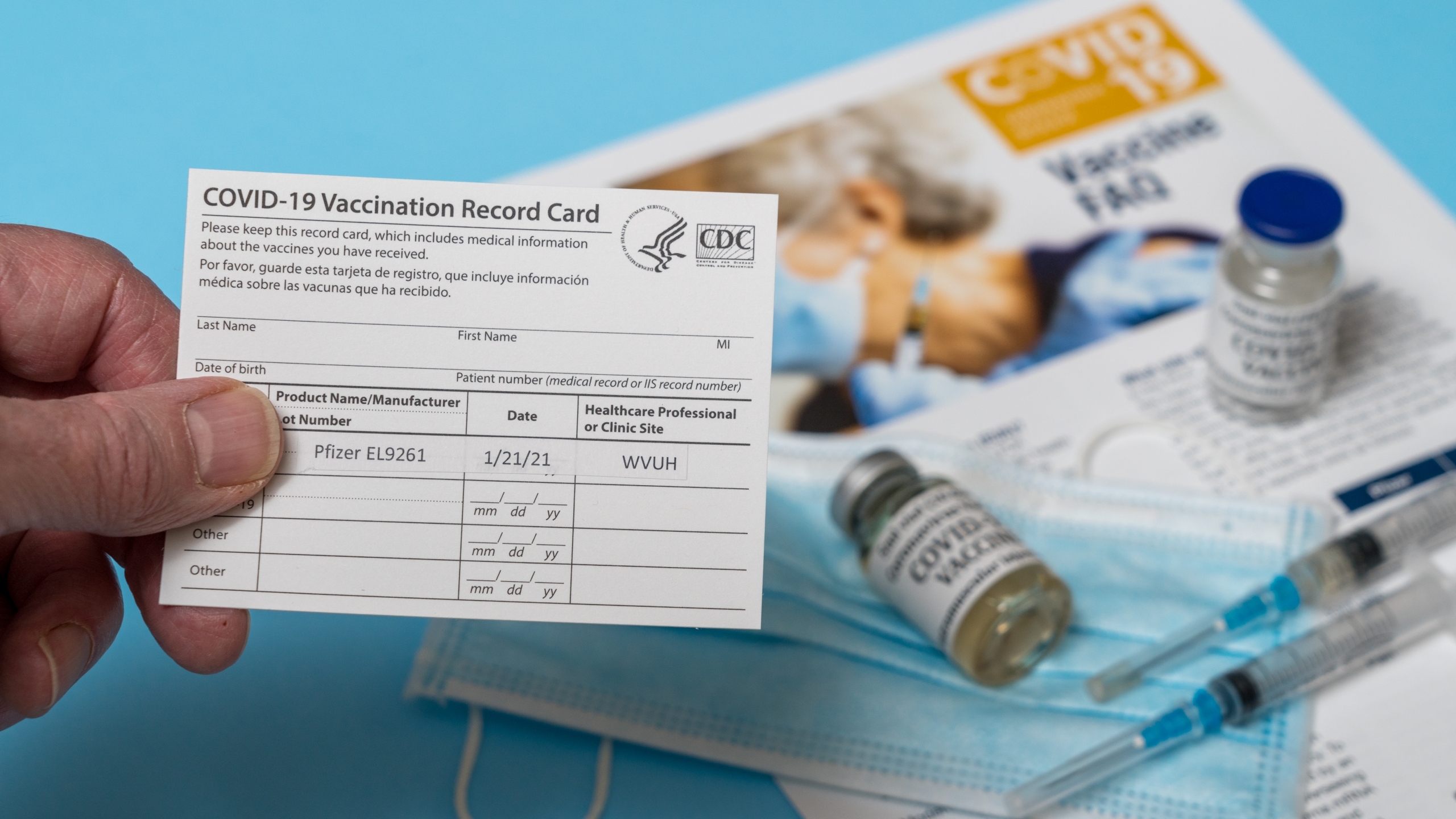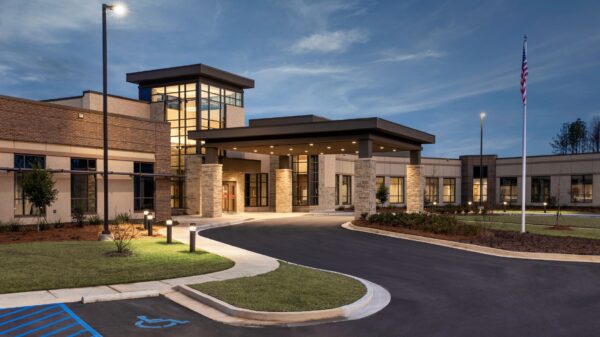There are a lot of people out there who have legitimate and understandable concerns about getting the coronavirus vaccine. Questions about the long-term effects of the vaccine and whether having already had COVID is enough to protect you are reasonable questions, and I completely understand why some people feel that this is a personal choice that they shouldn’t feel pressured over.
But with the delta variant now spreading like wildfire and deaths and hospitalizations back on the rise, there are a lot of people who are reconsidering whether they should get the vaccine.
So let’s look at these questions and hopefully provide some answers that can help you make your decision.
‘What about the long-term effects of the vaccine?’
How do we know that getting the vaccine today won’t lead to heart problems or something like that 10, 20 or 30 years from now?
Dr. Gabor Kelen, head of emergency medicine at Johns Hopkins University, says that most side effects from vaccines will happen very soon after getting the vaccine. Allergic reactions, which are very rare, happen within moments, and most other side effects will emerge and then disappear within a few weeks.
In fact, throughout human history there has never once been a situation where the long-term effects of the vaccine were worse than the long-term effects of the illness the vaccine was made to prevent.
According to Dr. Kelen, “The way immunology works is [if] something’s gonna happen, it’s gonna happen fairly soon.” So there’s almost no chance of having any long-term effects from the COVID vaccine because if it were going to happen it already would have happened.
On the other hand, we do know that getting COVID-19 can have long-term effects, including heart inflammation, chronic fatigue and cognitive difficulties like memory problems.
‘Do I need the vaccine if I’ve already had COVID?’
Mercedes Carnethon, an epidemiologist at Northwestern University Feinberg School of Medicine, says that having had COVID won’t protect you as well as the vaccine can because the level of antibodies that you get from having had COVID depends on how severe your bout with COVID was.
It’s also not clear if the antibodies you developed from getting COVID will protect you against variants of the virus like the delta variant. And the longer it’s been since you had COVID, the less effective those antibodies will be because you may have had a different variant. So as the virus adapts your antibodies will become less protective with each passing day. And if you had a less severe case of COVID then you have fewer antibodies, anyway.
The vaccine, on the other hand, is proven to provide a more robust and consistent response to the virus and it is showing to be protective against new variants, as well.
‘Shouldn’t getting the vaccine be a personal choice? People need to mind their own business.’
Unfortunately, this isn’t as simple as saying, “Why can’t I take the risk if I want to? You do you, and I’m gonna do me.”
There are people who have allergies or other medical conditions that prevent them from getting vaccines. And until the government clears the vaccine for children under 12 years old, they don’t have the option of getting vaccinated.
If you choose not to get vaccinated then you could spread the virus to those who have no way of protecting themselves.
Also, those who choose not to get vaccinated are providing the coronavirus with more opportunities to adapt and become better at spreading, to become more severe when it does spread, and ultimately become better at evading our medicines and vaccines. This is exactly what has happened with the delta variant, though the vaccine does seem to be working against it.
So getting the vaccine is your choice, but it’s also a choice that has consequences for other people, including those in your family, church, school and work. If you choose not to get vaccinated then you aren’t just taking on the risk yourself. You are also sharing that risk with people you love and care about.
It’s not my goal to make anyone feel pressured into doing something they aren’t comfortable doing. But I do want to help those who aren’t sure about what to do feel a little more comfortable with choosing to get vaccinated. I got the vaccine, so I’m willing to “put my money where my mouth is.”
Getting the vaccine can save your life and protect the people around you. And if you’re still unsure, then please ask your doctor and follow their advice.





















































